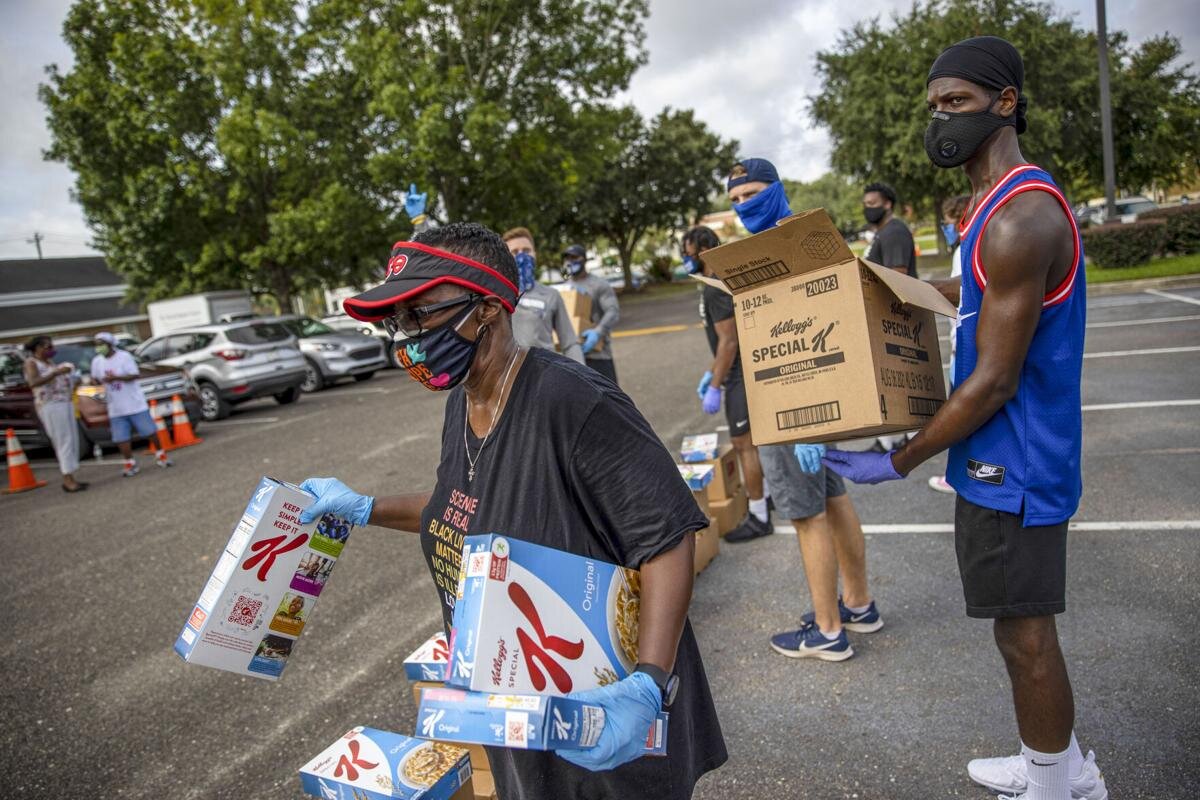Wealth gap: Examining the root causes of poverty among African Americans
By Adam Parker aparker@postandcourier.com
Sep 6, 2020
Excerpt
In South Carolina last year, African Americans comprised 56 percent of the homeless population. In the Charleston area, Blacks also were 56 percent of the homeless population.
“It actually is pretty simple: All of the things that point to overrepresentation of African Americans in poverty and criminal justice ... are strong predictors of homelessness,” said Stacey Denaux, executive director of Charleston’s One80 Place, the homeless services nonprofit.
It’s all interconnected, she said. The homelessness crisis cannot be separated from other social and economic issues, such as growing wealth disparities, gentrification, lack of public transportation, a dearth of social safety net services, and a criminal justice system that creates vortexes of social dysfunction from which it is difficult to escape.
Homelessness and poverty in the U.S. cannot be properly understood without acknowledging the long history of racial discrimination that has denied Black people the ability to accumulate wealth at the same rates as others. Recent books, such as “The Color of Law” by Richard Rothstein and “Caste” by Isabel Wilkerson, and several studies by think tanks and nonprofits, describe an American society purposefully built to deny Black people access to the American Dream.
“Gaps in wealth between Black and white households reveal the effects of accumulated inequality and discrimination, as well as differences in power and opportunity that can be traced back to this nation’s inception,” according to the Brookings Institution.

